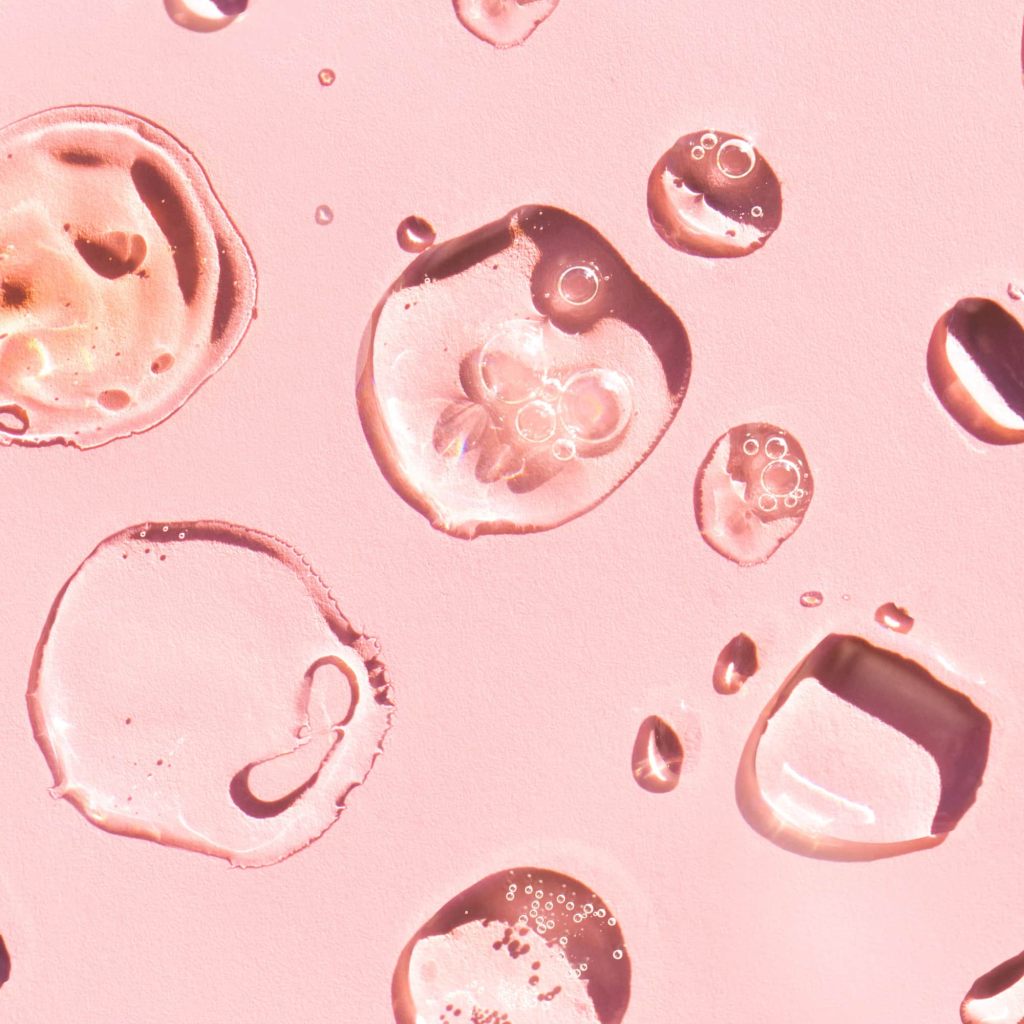Even if you consider yourself to be a diehard skin-care enthusiast, chances are you’re still not entirely sure what amino acids are or what they do – and that’s OK. The world of skin care is vast, and it can be hard to keep track of every last bit of information, from the ingredients to the ever-changing technology and rules.
You probably remember hearing about amino acids at some point in science class – you might even recall your teacher referring to amino acids as building blocks – but we’ll take it a step further. Amino acids are organic compounds that are essential to the body and are made of oxygen, hydrogen, carbon, and other molecules. They also just so happen to have a long list of beauty benefits. Amino acids assist in many of the body’s natural processes – like muscle growth, your immune system, and forming proteins – but for what they do for your skin, keep reading.
What Are Amino Acids For Skin?
Amino acids are organic compounds, but there are different types worth noting. “Some amino acids are created in your body (nonessential amino acids); others must come from dietary sources (essential amino acids),” Dendy Engelman, MD, FACMS, FAAD, a board-certified cosmetic dermatologist and Mohs surgeon based at the Shafer Clinic in NYC, told POPSUGAR.
Because of the crucial role they play in so many of your body’s functions, Dr. Engelman said, they’re “extremely versatile” when it comes to skin care and pack a laundry list of benefits. “They hydrate, reduce inflammation, build collagen, improve the efficacy of other products, provide antioxidant protection, and repair, minimize signs of aging, and more.”
How Can You Use Amino Acids in Your Skin-Care Routine?
Unlike many skincare “acids” that require some caution when being introduced to your regimen, amino acids are easy to incorporate into your current routine. “They work well with pretty much all skin types, as long as the whole product is good for the skin of the person using it,” Dr. Engelman said. “For example, someone with sensitive skin may still experience irritation after using a more active/harsh product that contains amino acids, but gentler products containing amino acids should be a good fit.” The key here: read the labels, and know your AHAs and BHAs.
Amino acids can be found in all types of skin-care products, from moisturizers to serums, eye creams, and cleansers. “Think about your skin concerns or goals, and look for products that contain amino acids and also address those needs,” Dr. Engelman said. But most products – if not all – won’t spell out “amino acids” right there on the bottle, in which case, Dr. Engelman said to look for “arginine, lysine, histidine, glycine, and leucine” listed in the ingredients. “These indicate the presence of amino acids.”
Basically, if you want hydrated, smooth, and plump skin, you could benefit from adding amino acids into your skin-care routine.

